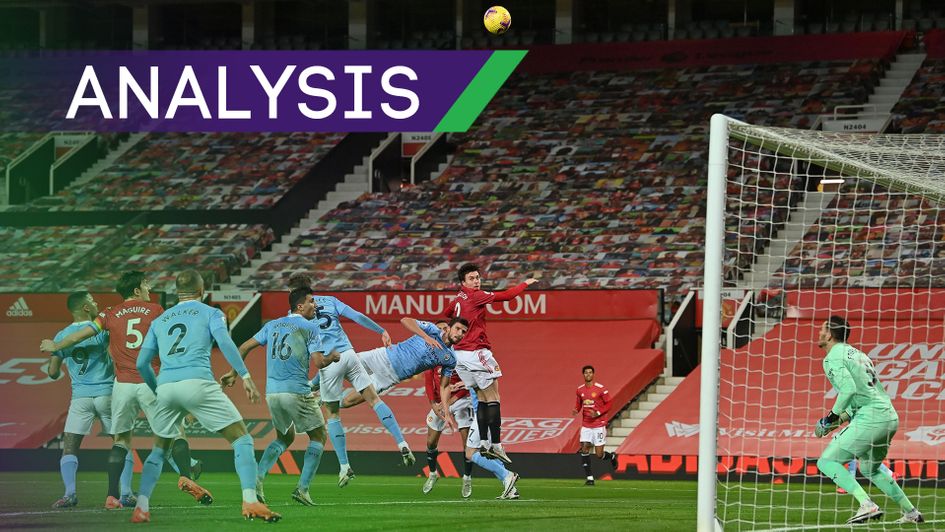As a football manager, Pep Guardiola has always been defined by his values and principles. His philosophical outlook on the game. The Catalan has had a greater influence on football than any other coaching figure since Johan Cruyff. Managers are now expected to have a trademark ideology. A footballing doctrine by which they live and die.
This is what makes Manchester City’s performances this season so difficult to understand. Guardiola is a coach who favours technical, expansive football played at a high tempo. His Barcelona and Bayern Munich teams played the same way and the past four years has seen Guardiola bring a similar brand of football to the Etihad Stadium.
Yet City could barely have played Saturday’s Manchester derby at a slower pace. There were points at which the likes of Kevin De Bruyne, Rodri and Fernandinho were static with the ball at their feet. There was a lack of movement. A dearth of energy. There was no sign of the verve that City have become known for under Guardiola.
City have produced a number of performances in this mould this season. The derby was no isolated case. In fact, it offered a reflection of the way Guardiola’s team have fared of late. There is so much evidence of Manchester City playing this way the question must now be asked - is this part of a plan from Guardiola?
Were City so compact, so stodgy against Manchester United because that’s how their manager wanted them to play? Guardiola can’t be pleased with the results his team have achieved this season, with Manchester City slumped in eighth place in the Premier League table, but does he see this period as part of a transition?
While City still saw plenty of possession, while they had the territorial advantage for much of the contest, the performance they produced was more like something Jose Mourinho would serve up than anything we have seen from Guardiola over the course of his managerial career. There was no risk in Manchester City’s play. They were safe in everything they did.
Guardiola’s decision to replace Riyad Mahrez with Ferran Torres after the hour mark revealed a lot about the City manager’s derby day mindset. It was a like-for-like change that kept the visitors in the same formation. There was no change to the approach. Guardiola clearly liked much of what he saw in the first hour and decided he wanted more of the same.
Phil Foden and Bernardo Silva watched the full match from the bench. They could have given City more creativity in the final third. They could have unpicked the lock, with United quite content to sit deep and strike out on the counter attack. There was little sign of disgruntlement from Guardiola, a man not exactly slow to express his emotions, on the touchline.
In times gone by, David Silva might have been the one to make the difference for City. But Guardiola didn’t seem too vexed by his side’s failure to break down United. Indeed, Guardiola was all smiles at full time, embracing opposition coach Michael Carrick as he returned to the dressing rooms. City fans have seen their manager angrier after victories. This only added to the sense Guardiola has accepted his team are in the midst of a stylistic and ideological transition.
Never before has the 49-year-old been tasked with the rebuild of a squad, but that’s exactly what he currently faces at Manchester City. Through this process, more will be learned about Guardiola. His flexibility to change and adapt as a coach will be tested. The lifeless derby encounter witnessed at Old Trafford on Saturday might have been a manifestation of this.
